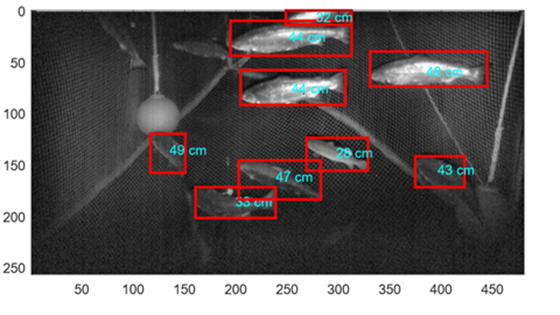
BIOSYS
SINTEF has through advanced 3D imaging and analysis developed technology that can easily provide up-to-date information about fish biomass for the aquaculture industry.

SINTEF has through advanced 3D imaging and analysis developed technology that can easily provide up-to-date information about fish biomass for the aquaculture industry.
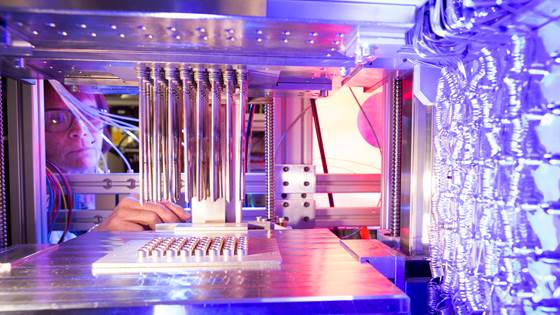
Propylene production is classified as the 4th largest emitter of greenhouse gases among the major chemical compounds. As the polypropylene market is huge and still growing, it is essential to find alternatives to current, energy-intensive production...
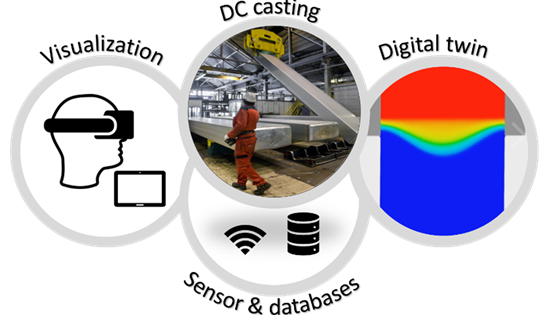
The Digicast project is dedicated to developing Intelligent Casting systems for Aluminium DC-casting by combining process know-how in the form of a digital process twin with visualization technologies.

The Digital Worker ERA will focus on exposure, physical and organisational factors for workers in the petroleum industry. We will build new knowledge on real-time exposure assessment of chemical, physiological strain and the human factors elements of...
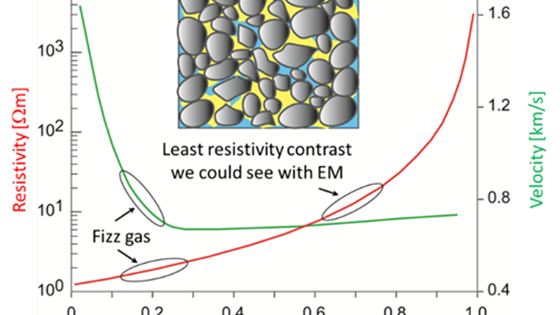
The primary objective of this project is to develop and apply a cost-efficient CO2 monitoring concept using time-lapse CSEM and demonstrate its readiness for the future Norwegian large-scale CO2 storage project (Smeaheia/Johansen).

In January 2019, care pathways within specialist mental health and substance abuse treatment services were officially launched in Norway (pakkeforløp for psykisk helse og rus). SINTEF evaluated this reform the first two years after introduction. The...
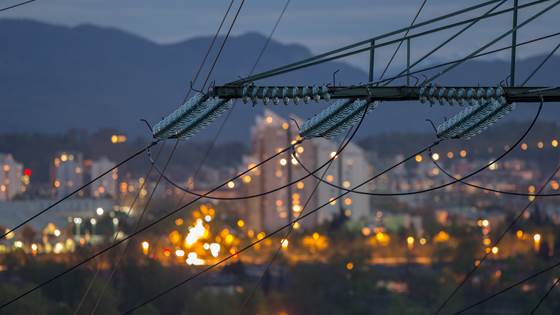
Optimal Consumer Response with Future Power Tariffs and Price-Sensitive Electricity Customers
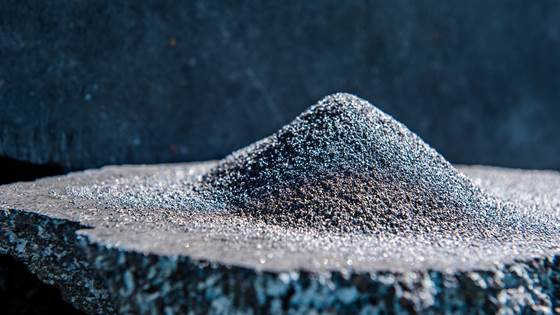
Elkem with the support of NTNU and SINTEF aims to develop a premium silicon grade dedicated to silicones production.
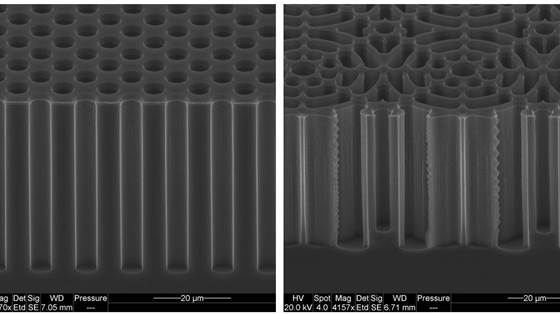
This project will make use of the advancements in silicon micro-machining and modern material deposition to produce novel solid-state neutron detectors featuring 3-dimensional micro-structures filled with neutron converting materials. This approach...
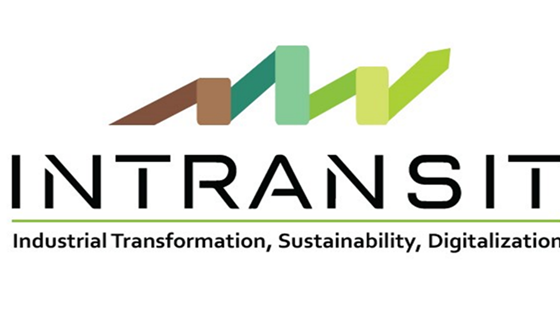
The Norwegian business sector is under pressure to transform from at least three global trends with significant, long-term impacts: The projected drop in value creation from petroleum markets, the need to tackle climate change and other grand...
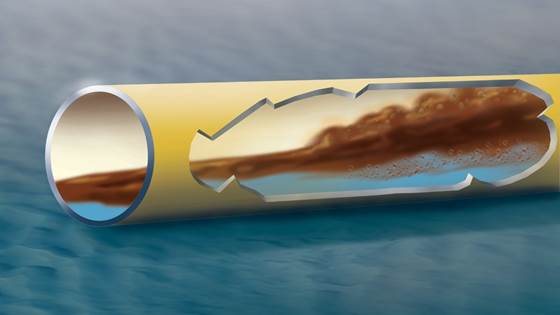
The NEXFLOW project aims to improve understanding oil-water flows in transport pipelines in order to lead to cost-effective and energy-efficientmultiphase transport solutions
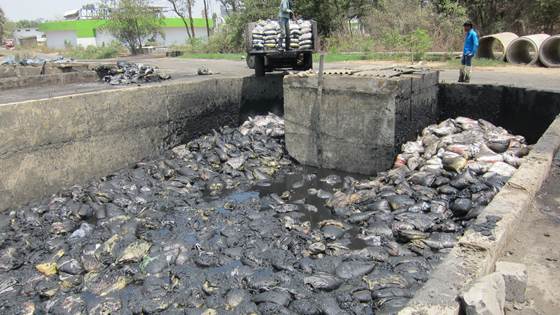
Ocean Plastic Turned into an Opportunity in Circular Economy
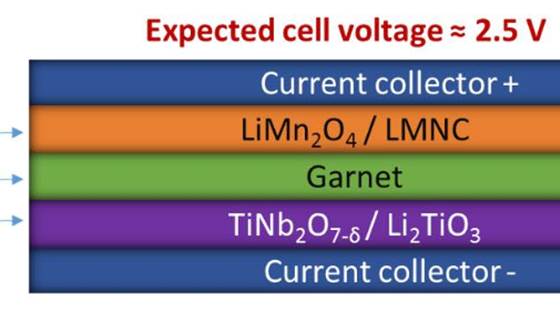
In the research project OxiBat, we aim to design, develop and test new oxide-based all solid-state batteries (ASSB) with long lifetime and low degradation during operation. Development of ASSB is important since these are fireproof and...
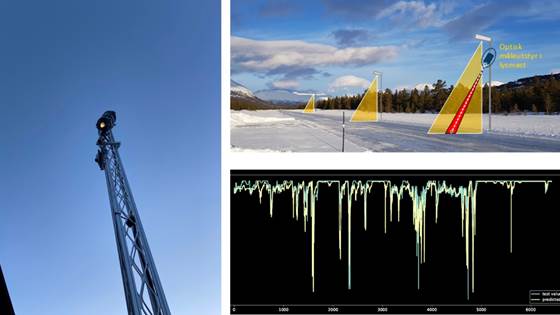
Our primary goal of the project is to develop and test an optical sensor and a prediction model of winter road surface condition
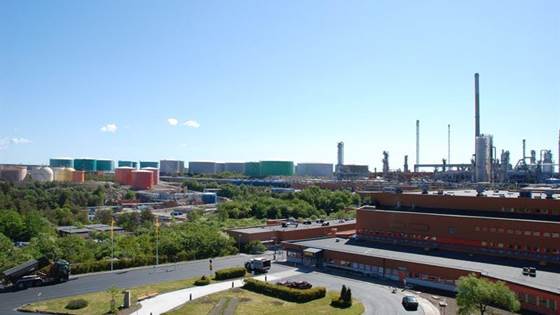
CO2 capture and liquefaction at Preem refineries in Lysekil or Gothenburg, Sweden, for storage of CO2 on the Norwegian Continental Shelf
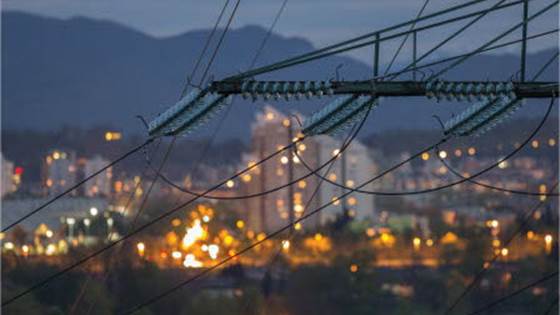
Resilient and Probabilistic reliability management of the transmission grid
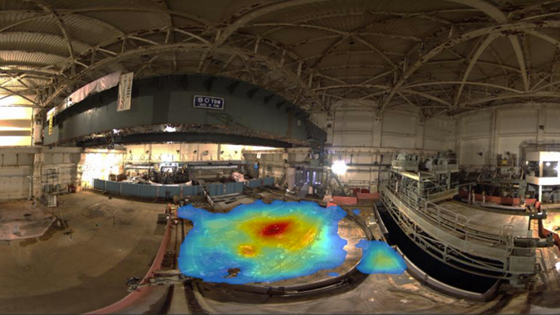
The primary objective of this project is to develop new technology and processes for increased safety and efficiency in nuclear decommissioning in Norway and abroad.

The main objective of the project is to develop methods for assessing, handling and limiting threats and vulnerabilities arising due to interactions between the SCADA system and other digital systems, in order to maintain the security of supply in...